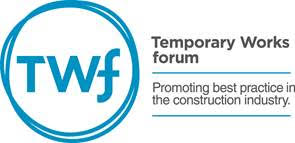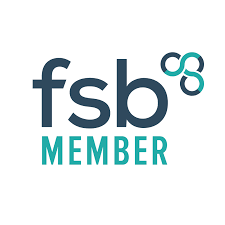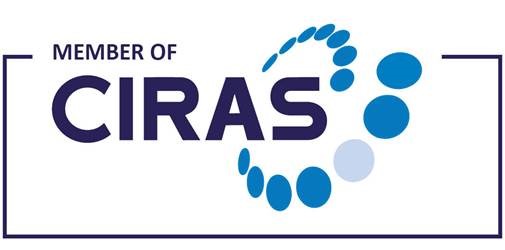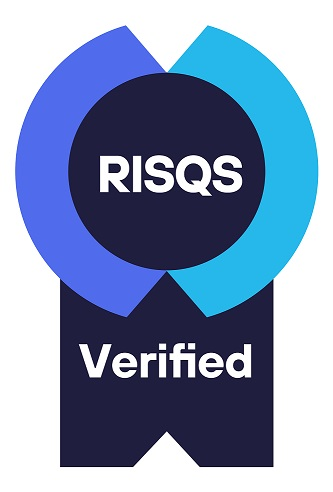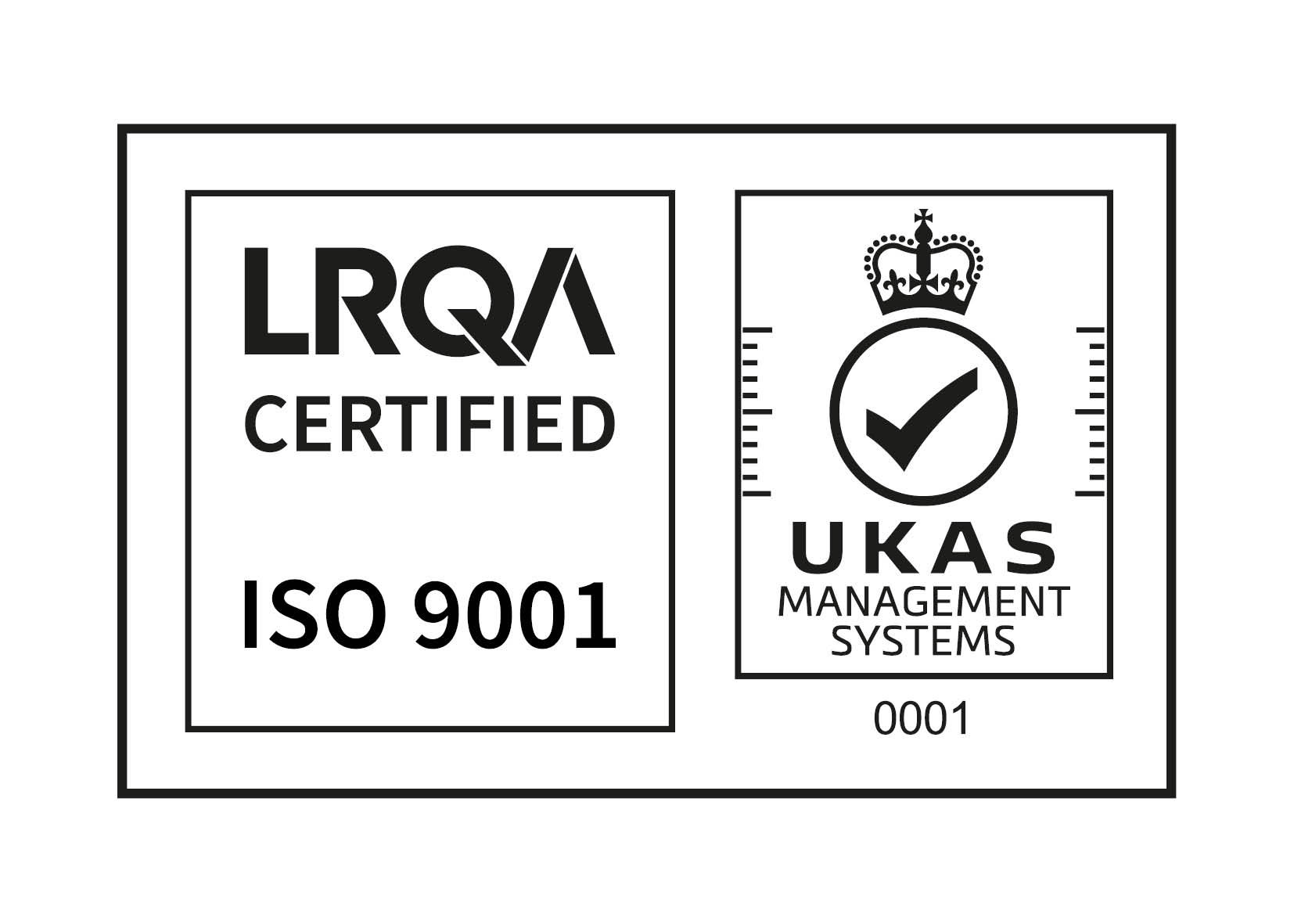Andy is an Associate at MHB Consultants and leads the Land Quality Services department.
Good communication builds strong teams
Most organisations have some form of mission statement or corporate goal which recognises the importance of people; both as team members who contribute to the delivery of objectives and in the form of clients who are the life blood of any business: statement such as “Our staff are our greatest asset” and “Clients are the foundation of our business” are commonplace. Whilst the statement of such sentiments is almost universally true in terms of marketing materials, corporate company wide emails, motivational speeches at team building events and the myriad of other ways organisations communicate their stated ethics the practice can sometimes be somewhat (or even entirely) different.
In theory the treatment of people, whether employees or clients, should be straightforward; the key elements include treating everyone with honesty and respect, asking for their views (then listening to them and taking some form of action where appropriate) and, even in difficult circumstances, being open and honest. Ultimately, good communication is imperative if we are to ensure that we are treating colleagues, clients, project partners etc with the same respect we expect from others.
In thinking about how to treat Clients I often reflect on my own experiences in selecting, for example, local builders to carry out work at home (I have had to do this more often than I would like!). I have come across contractors who talked a great game and who submitted attractive costs but, when it came to agreeing a start date (or even worse, to getting a follow up date once the process had started), they were very difficult or impossible to get hold of or they completed work poorly just to get it out of the way. I have therefore learned that those who can be relied upon to respond to requests and who are open about the potential problems (including their own issues such as resourcing etc) are infinitely preferable to the “promise the world” version. Reliability and responsiveness are worth paying a premium for.
In my professional life I have been fortunate enough to have led teams of great people (you know who you are!); whilst I would be the first to admit that I have not always been perfect in this, one of the key lessons which is reinforced time and again is the need to communicate and respond thoughtfully to any approaches. When people feel that they are being reduced to numbers on a spreadsheet then, unsurprisingly, they feel less engaged and demotivated. I remember a former manager I worked with explaining to a financial training event what “FTE” meant on a financial spreadsheet (Full Time Equivalents) – he then wryly, and to his credit, said “Or as I like to call them – people”! We lose sight of the importance of the need to recognise this at our peril. If people can rely on you to get back to them you go a long way to making sure they feel valued – reliability and responsiveness once again.
This is easy in theory (I hear you cry!). As consultants, for example, we are paid to solve our Clients’ problems; everyone involved in the process recognises this is not always easy. We are often cast in the role of delivering bad news as our remit encompasses investigating and assessing potential problems. As a result it can be easy to put off that call or email in the hope that something more will arise to ease the delivery of the message. Whilst this is perhaps understandable it is worth resisting the urge to put off bad news – open and honest communication may not avoid a bad reaction but experience shows that this will only be even worse if the message is delivered late.
Similarly, dealing with colleagues in as open and honest a way as possible will assist in establishing and maintaining the good relationships which are necessary in developing high performance teams. There are obviously complications, for example with confidential information, personnel issues and differing perspectives, which dictate that practice can differ from theory within teams too, however, people will generally appreciate when the communication is clear on what can and can’t be said; our “greatest assets” can be trusted to understand the realities of what is being said if we are open and follow up on any resulting comments and concerns.


